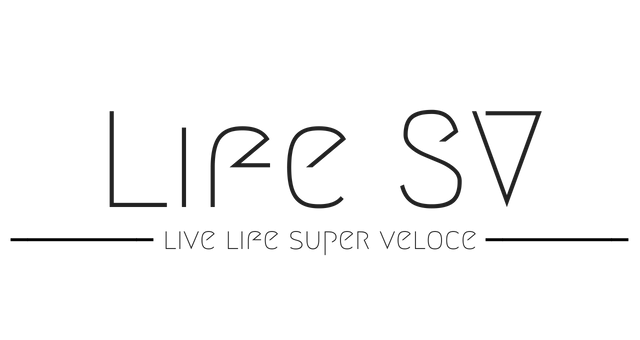
Hydraulic power units are a clear necessity in order for a hydraulic or electro-hydraulic system to function, no matter what its purpose is – whether it’s for tyre or rubber machinery or other applications. But hydraulic power units come in many forms and sizes and specifications, and this is why it’s crucial for you to choose the right one. It has to have the ideal combination of great performance, functionality, durability, power, and efficiency, and it also has to have the correct capabilities for whatever you require. But whilst it’s all well and good to consider the obvious factors, such as the power and force, the operating environment, and so on, there are other factors which you may not be aware of as well. Here, then, are the top three little-known factors you should think about when specifying or choosing a hydraulic power unit.
- Serviceability
The thing is that even the most durable hydraulic power unit may require servicing at some point. Over time, you may need to have parts or components replaced, and consumables like filters need to be in locations which are easily accessible. Even if a component or part is not as easily replaced as a filter, such as a motor, it will have to be easily accessed, so you need to think about how easy it will be to replace components when the time comes.
But aside from this, if you want your unit’s lifespan and serviceability to increase, it pays to make sure that the hoses, tubing, and piping have the proper radiuses for bending and are additionally well-secured and clamped. You may be surprised how a seemingly small thing like this can shorten the service life of a unit. Pre-engineered or standard hydraulic power units already have the advantage when it comes to this, as they are designed to use good operational practices, but custom designs should also take the proper design method into consideration.
- Noise
The manufacturers of hydraulic power units should also consider how noise can affect operations when it comes to the power unit. There are, for instance, limitations regarding noise levels in particular spaces (especially confined ones), so these need to be followed. If a hydraulic power unit doesn’t follow noise specifications, you may well be required to provide workers with protective devices, especially those who work in close proximity to the unit. A pre-engineered hydraulic power unit may be a good choice in this, since manufacturers may typically incorporate these specifications in regards to noise. But when it comes to noise, poor installation may also be a factor, so you should make sure the unit is installed correctly.
- Energy efficiency
Another little-known factor you should consider when specifying or choosing a hydraulic power unit is energy efficiency. Whilst you can always make use of e-motors for more energy efficiency, you should also think about the selection of components, as this can also influence efficiency and consumption. This is especially crucial for applications using simultaneous operations or functions or varying degrees of flow requirements or pressure, where variable displacement pumps and frequency converters may bring the most value for money.
Image attributed to Hydraproducts.co.uk
To read more on topics like this, check out the technology category.

Leave a Reply